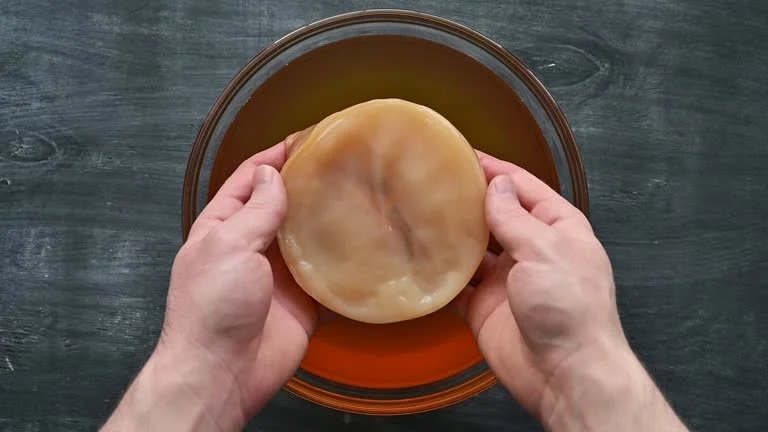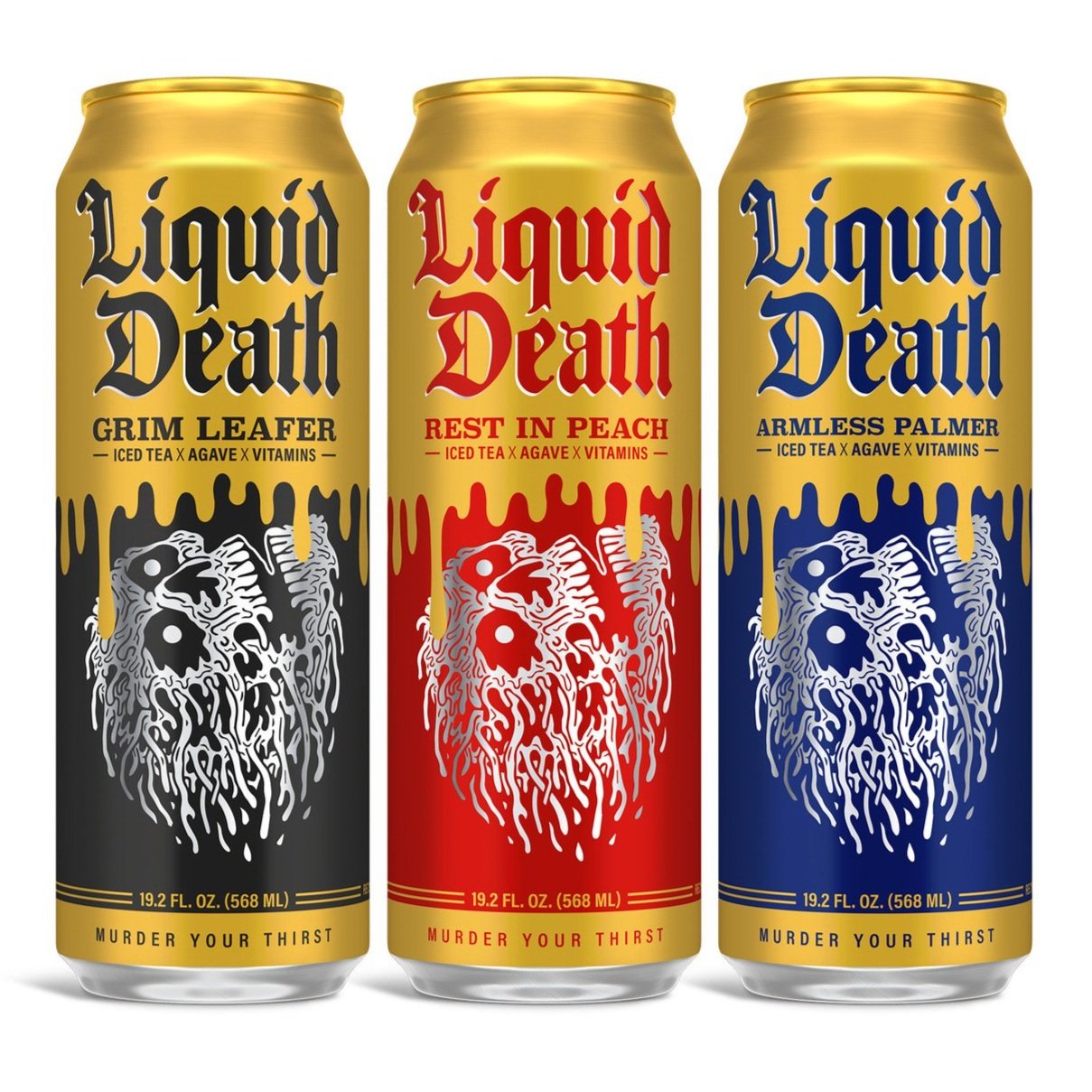What is Kombucha?
Kombucha is a naturally fizzy, fermented tea that has been enjoyed by various cultures for over two millennia. Although its roots trace back to ancient China, Japan, and Russia, it has recently gained widespread popularity for its unique taste and potential health benefits. But what exactly is kombucha, and why are so many people hooked on it?
At its core, kombucha is made from just a few simple ingredients:
Tea (usually black or green)
Water
Sugar
S.C.O.B.Y. (Symbiotic Culture of Bacteria and Yeast)
These ingredients combine to create a refreshing, tangy beverage that’s both energizing and nutritious. However, the real magic happens during the fermentation process.
How is Kombucha Made?
The process of making kombucha begins with brewing tea. Sugar is added, which may seem odd for a healthy drink, but it’s actually a crucial part of the fermentation process. The sugar isn’t for you — it’s food for the SCOBY. Once the sweet tea has cooled, the SCOBY is added, and the magic begins.
The SCOBY looks like a jelly-like disc, but don’t let its appearance fool you — it’s the powerhouse behind the fermentation. The bacteria and yeast in the SCOBY break down the sugar and convert it into alcohol, which is then transformed into organic acids. This process creates kombucha’s signature flavour - a mix that is a little sweet, with just the right amount of sour.
Typically made using green or black tea, black tea varieties have a deeper flavour, while green tea kombucha is more delicate and crisp. With its naturally sparkling and light, refreshing and acidic base flavour, it pairs exceptionally well with fruit and root flavours.
Different types of Kombucha available to consumers
As kombucha has hit the mainstream, lots of brands and manufacturers have entered the market and launched products to cater to varying consumer tastes, as well as developing new methods to mitigate the risks inherent in producing kombucha using traditional methods at commercial scale. ‘Traditional’ kombucha remains a favourite amongst large numbers of consumers however ‘craft-style’, ‘mainstream’ and ‘sugar-free’ have landed and grown quickly, encouraging more and more people to try kombucha and what it has to offer. Discover more about the different types of kombucha consumers are buying and enjoying here.
Kombucha and perceived health benefits
Fermented food and drinks can contain micro-organisms and other vitamins, minerals and micro-nutrients as a result of the fermentation process and ingredients used. Kombucha's perceived health benefits are thought to result from the blend of micro-organisms, amino acids, polyphenols from tea, organic acids, water-soluble vitamins and a variety of micro-nutrients produced during fermentation.
While these potential benefits are promising, it’s important to note that very little scientific research has been conducted as to the actual benefits to human health and more research is needed to fully understand kombucha’s long-term effects.
Why Drink Kombucha?
Kombucha offers a unique combination of refreshment and potential wellness in one drink. Its slight fizziness and tart taste make it a great alternative to sugary soft drinks or alcohol. Whether you’re looking to improve your wellbeing, cut back on sugar, or simply enjoy a new beverage with friends, kombucha is a great option.
The Rising Popularity of Kombucha
With global sales topping $3 billion (Source: Euromonitor - 52 w/e 30/12/2023) and predicted kombucha has become a staple to millions of consumers around the world and increasingly available in stores, cafes, restaurants and bars as it reaches mainstream consciousness. With this increasing availability, more and more people will be able to discover and try kombucha and it is expected that the category will continue its strong growth over the coming years.
The Bottom Line
Kombucha is more than just a health drink—it’s a delicious, naturally fermented tea that’s part of a centuries-old tradition. Whether you’re sipping for the potential health benefits or simply because you enjoy the taste, kombucha is a refreshing choice that fits well into a healthy, balanced lifestyle.
Interested in creating your own kombucha business or product range?
Wherever you are on your particular journey, Good Culture is here to support and guide you. At heart, we are passionate about drinks, quality, innovation and the creative pursuit of entrepreneurship. Our mission is to inspire, empower and support you to build thriving, profitable & sustainable businesses. We have built years of experience and expertise by helping companies all around the world create, develop, commercialise and grow their businesses with the supply of the highest quality fermented beverage ingredients, unparalleled commercial and technical support and access to our amazing network of co-packers and flavour developers.
So, are you interested in taking advantage of the opportunities functional beverages offers or have an existing brand and need help taking it to the next level? The amazing team at Good Culture can help with anything you need.
Want to hear how we can help you do kombucha better? Contact us today.











